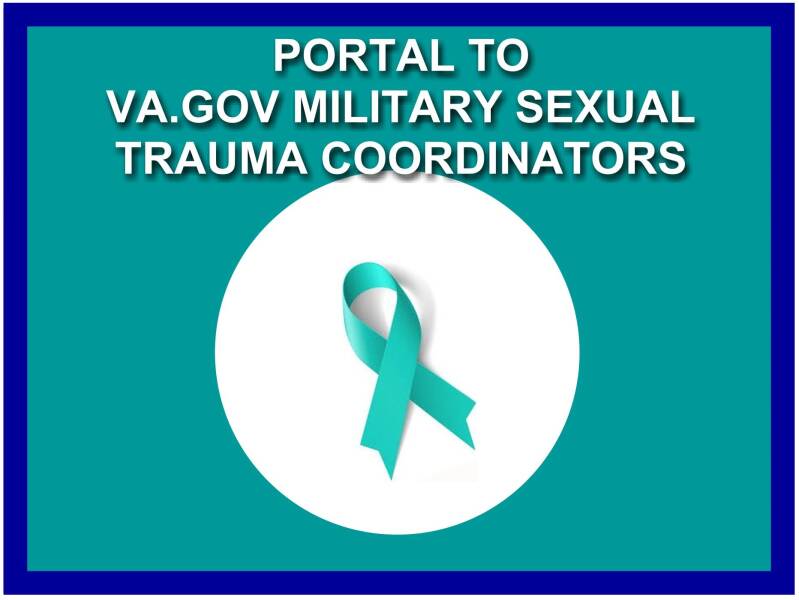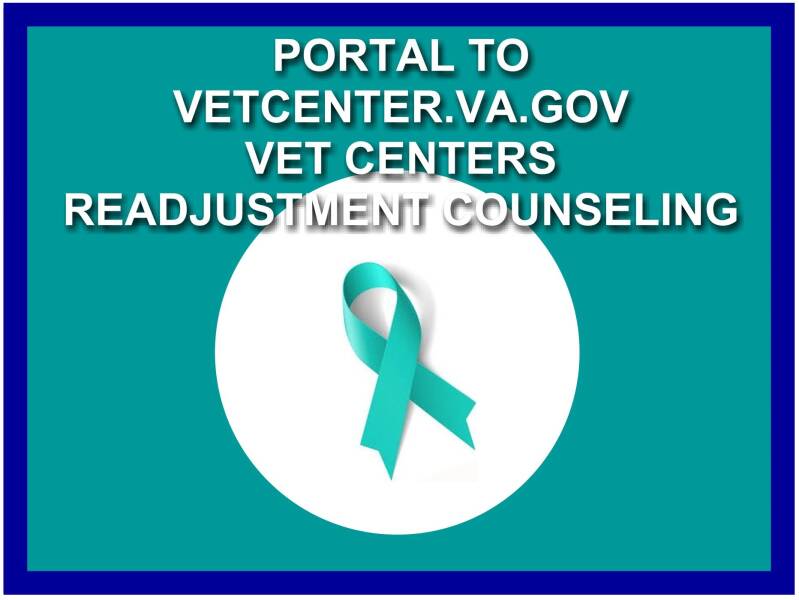VA uses the term “Military Sexual Trauma" (MST) to refer to sexual assault or sexual harassment experienced during military service. MST includes any sexual activity during military service in which you are involved against your will or when unable to say no. For more information about Military Sexual Trauma, click on the portal below:
Military Sexual Trauma, or MST, is the term used by VA to refer to experiences of sexual assault or sexual harassment experienced during military service. More concretely, MST includes any sexual activity that you are involved with against your will.
Although trauma can be a life-changing event, people are often remarkably resilient after experiencing trauma. Many individuals recover without professional help; others may generally function well in their life but continue to experience some level of difficulties or have strong reactions in certain situations. For some people, the experience of MST may continue to affect their mental and physical health in significant ways, even many years later. MST is an experience, not a diagnosis or a mental health condition, and as with other forms of trauma, there are a variety of reactions that someone can have in response to MST.
For more information, Veterans can speak with their existing VA health care provider, contact the MST Coordinator at their nearest VA Medical Center, or contact their local Vet Center. A list of VA and Vet Center facilities can be found, by clicking the portals below:
Veterans should feel free to ask to meet with a clinician of a particular gender if it would make them feel more comfortable. Veterans can also learn more about VA’s MST-Related Services online, by clicking on the portal below:
and see video clips with the recovery stories of Veterans who have experienced MST, by clicking on the portal below:
Although this page refers primarily to Honorably Discharged Veterans, most former Service members with an Other Than Honorable or uncharacterized (entry-level) discharge can also receive MST-related care from VA. Former National Guard and Reserves members with federal active duty service or a service-connected disability who were discharged under honorable conditions or with an Other Than Honorable discharge are also eligible; the service-connected disability does not need to be related to your experiences of MST. Current Service members can receive services related to MST, although for some types of services, a Department of Defense referral may be required. For more information, please contact your local VA Medical Center and ask to speak to the MST Coordinator. Refer to the VA Military Trauma Fact Sheet, by clicking on the portal below:














